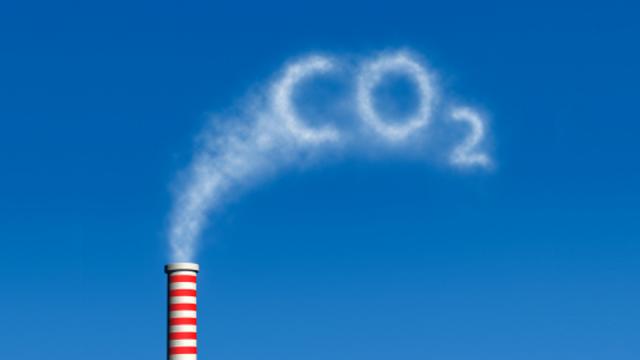
The European Union and small island states have criticized the United States for backing away from a U.N. goal of limiting global warming to below 2 degrees Celsius (3.6 F).
They urged almost 200 governments to stick to the target, one of the few agreed goals in international climate policy, even though U.S. climate envoy Todd Stern said it was unworkable.
"World leaders pledged in Copenhagen to stay below the 2C temperature increase. What leaders promised must now be delivered," European Commission spokesman Isaac Valero-Ladron said of a 2009 climate summit in the Danish capital.
The United States and other nations have agreed to the goal that rises in average world temperatures should be kept below 2C above pre-industrial times to avoid dangerous changes such as heatwaves, floods, droughts and sea level rise.
Marlene Moses, chair of the Alliance of Small Island States (AOSIS), accused Washington of lowering ambition for U.N. climate talks and said it was "particularly disturbing in the midst of one of the worst droughts in the country's history".
"If the U.S. is prepared to abandon its own farmers, how are we supposed to believe it will do what is necessary to save small islands?" she said. AOSIS fears some of its member states will be swamped by storms, erosion and rising sea levels.
In a speech on August 2, Stern said Washington wanted a more flexible approach to a new U.N. agreement, meant to be adopted in 2015 after past failures, so that it could be modified over time such as to take account of new technologies.
"This kind of flexible, evolving legal agreement cannot guarantee that we meet a 2 degree goal, but insisting on a structure that would guarantee such a goal will only lead to deadlock," he said.
Global average temperatures have already risen by 0.8C since pre-industrial times, a rise blamed by a U.N. panel of climate scientists on increasing greenhouse gases, mainly from burning fossil fuels.
The 2C target is getting ever harder to reach. Emissions of carbon dioxide, the main greenhouse gas, rose 3.1 percent in 2011 to a record high. The decade ended in 2010 was the warmest since records began in the mid-19th century, U.N. data show.
A tracker by Climate Analytics, run by scientists, estimated in May that the world is headed for a rise of about 3.5 degrees Celsius, based on existing promises for curbs in planet-warming greenhouse gas emissions.
"Warming of 2 degrees C will likely cause serious damage in the United States," said Bill Hare, director of Climate Analytics. "Walking away from this limit will only hinder the chances of international agreement".
President Barack Obama has not managed to persuade the U.S. Senate to adopt legislation to cut emissions under his goal of a reduction of 17 percent below 2005 levels by 2020. The 2C goal is not binding under international law.
The drought in the United States should bring "courageous steps to protect the public from runaway climate change," said Keya Chatterjee, conservation group WWF international climate policy director. Instead, she said "the U.S. is lecturing us about 'political realities'."
Stern said it was better to start with actions that could spur innovation and to build political support. China, the United States, the European Union, India and Russia are the main emitters of greenhouse gases.
Pieter de Pous, policy director of the European Environmental Bureau, said: "What Todd Stern presents here is a false dichotomy. There is no trade-off between achieving a target and stimulating innovation."
3 WAYS TO SHOW YOUR SUPPORT
- Log in to post comments













